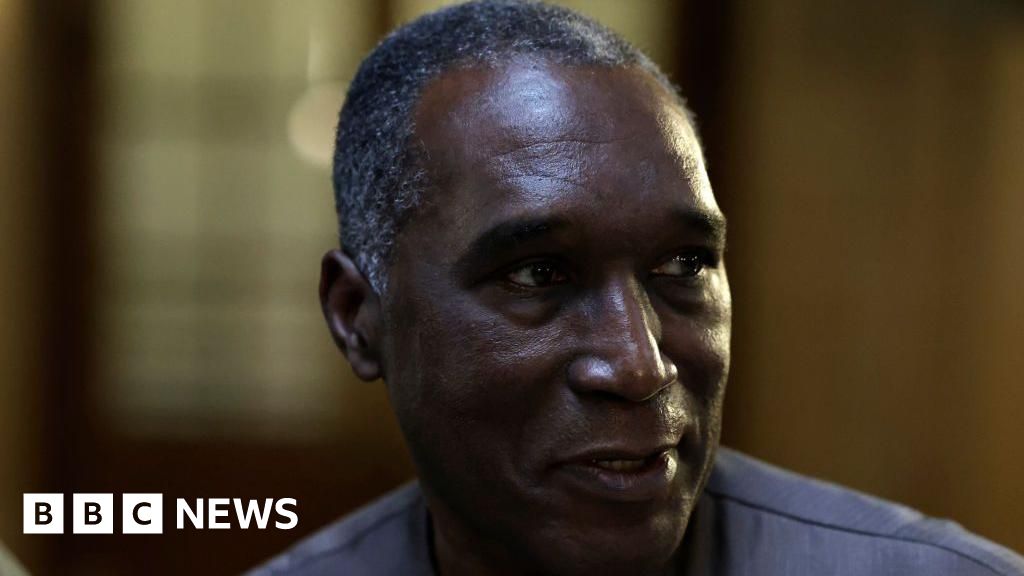Place your adverts here on InfoDig @ low rates; banner ads, sponsored links and guest articles etc. Contact us

L-R: Mrs Ayoyinka Olajide-Awosedo, Central Planning Committee Chairman; Dr Dele ALLIMI, DG CIoD; Alhaji Lamis Dikko; Conference Chairman and Nestoil GMD, Dr. Ernest Azudialu-Obiejesi; Mrs Folasade Akinmusire, Chairperson YDF CIoD; Alhaji Tijjani M Borodo, President CIoD; Mrs Amina Oyagbola, 2nd Vice president CIoD; Dr. Ije Jidenma , Immediate Past President CIoD, and Mr. Eyo Eyo, VC YDF CIoD at the Chartered Institute of Directors (CIoD) Young Directors Forum (YDF) conference held in Lagos
The Group Managing Director of Nestoil Group, Ernest Azudialu-Obiejesi, has faulted punitive interest rates and excessive collateral demands for the collapse of many Small and Medium Enterprises in their formative years.
Indeed, many SMEs lack the collateral required by banks, making it difficult to secure loans, and are also challenged by exorbitant interest rates deterring their ability to seek formal financing, as repayment becomes burdensome.
In a statement on Wednesday, during the
Chartered Institute of Directors (CIoD) Annual Young Directors Forum, Azudialu-Obiejesi emphasised the urgent need for collaboration among regulators, financial institutions, and small and medium enterprises to create effective solutions that will empower SMEs and enhance their contributions to the national economy.
Azudialu-Obiejesi highlighted that a resilient SME sector is vital for sustainable economic growth.
He urged government bodies to implement supportive policies that foster an enabling business environment while calling on financial institutions to recognise that punitive interest rates and excessive collateral demands can stifle emerging businesses during their formative years.
“The theme of this conference—‘Empowering SMEs: Addressing the Funding Deficit’—is both timely and critical. Research indicates that over 90 per cent of business operations in Nigeria consist of SMEs, which provide employment and opportunities for countless Nigerians. However, a lack of accessible funding stifles their growth and hinders our economy’s full potential,” he stated.
Azudialu-Obiejesi articulated that these challenges not only limit individual businesses but also diminish the nation’s economic potential. “SMEs are the vital ‘wood’ that fuels our economic kitchen, bringing warmth, sustenance, and opportunity to our people,” he remarked.
Drawing from his own experience in building Nestoil from humble beginnings in 1991, he shared insights into overcoming initial funding challenges. “Starting with limited resources, we relied on personal savings and support from friends and family while navigating institutional skepticism toward our sector. This journey has taught us resilience, innovation, and the importance of strategic funding.”
To empower SMEs effectively, Azudialu-Obiejesi called for the establishment of inclusive financial ecosystems that incorporate financial literacy initiatives, mentorship programs, SME funds, and robust public-private collaborations. “We must create an environment where entrepreneurs can thrive,” he asserted.
In support of this vision, Alhaji Tijjani M. Borodo, President and Chairman of the Governing Council of CIoD, echoed the need for mentorship in fostering young business leaders who can navigate funding challenges and other pressing business issues














